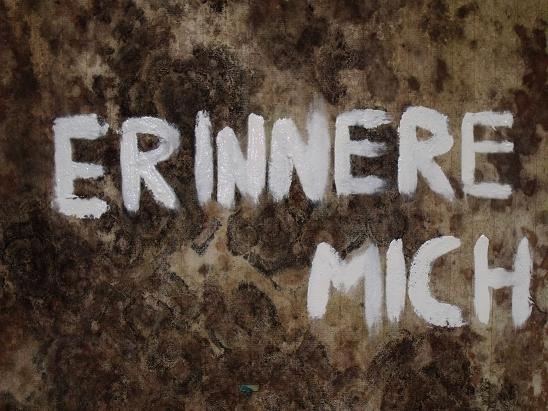Question:- "Which is more important, the question or the answer?"
It seems that this project has the limitless capacity to generate questions, rather than automatically lend itself in any real sense to the quest for answers. Lives are dedicated to questions, in the same sense that they are dedicated to answers. A single question may provoke many answers just as many questions may lead to the same singular answer (example - Christian faith). I don't believe that the latter is evidence of the exactness of the human being, but rather the similarity of the emotions which humans have sought to question, categorise, and therefore endeavour to provide answers for.
I did not immediately seek to create a finite question with tight perimeters, but I do believe that with a question such as, "which is more important, the question or the answer", I could get lost due to the indirectness of the initial question.
Yet I do think it is important for me to decide to some degree which type of method I will adopt. Do I constantly ask questions and use my art to articulate my full emotive and visual response? Essentially, do I let the end product become the end in itself. Or do I seek my work to be a response to the answer. Admittedly these two approaches do not necessarily play such isolated opposition to one another, and often can mix into a formula that represents both the end and also the means to an end.
Answers can be given, if a question is not asked. Questions can be answers.
I'm sure that in the entire world there is an answer for every question, yet it is dependant upon the capacity of those involved in the process to dissect and determine the validity or the authority of the answer, and the sincerity and reason for the question.
Most answers are opinions. Take science for instance. Its function is to ask questions. Answers are provided and those who gave them celebrate their collective genius, whilst everyone else sets out to disprove them. This we are taught to understand as progress. If every question asked was allocated a singular finite answer we would stop. It is not the inability to be content with an answer that serves us well but our growing awareness that perhaps there is no solid ground upon which an answer can stand. It is not just science, society too benefits more from questions than it does answers (eg. equality) because an answer is static, while a question is movement, or in some cases the illusion of moving.
It therefore may be suggested that art too can be subjected to the stagnant effect of answers. A hundred years ago, if someone asked "what is art", they would be directed to the Paris Academy, because it was decided by a "superior" few what the majority should consider to be art. This is an instance where the answer, the complete end, was shattered by questions. The initial question opened up to more, until now, today, we reach a point where I am left asking the question "what is art" and I feel the response is Everything's now fucking art.
Wednesday, 14 April 2010
Subscribe to:
Post Comments (Atom)

No comments:
Post a Comment